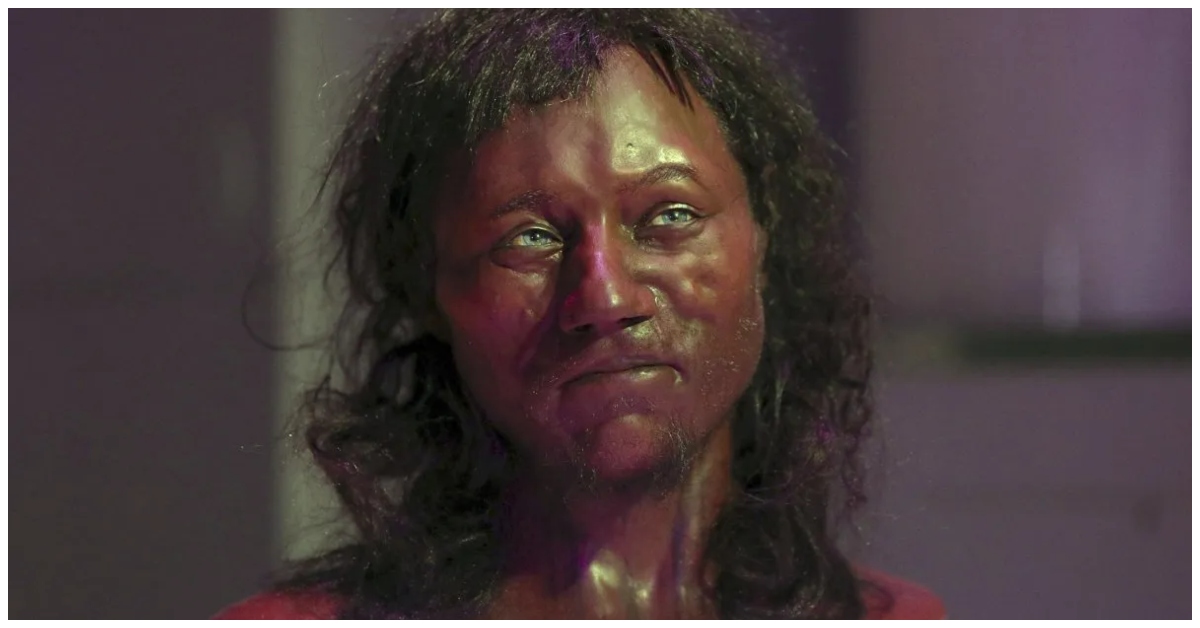A groundbreaking DNA analysis has challenged previous assumptions about the identity of the “first Black Briton.” The remains, discovered in East Sussex, have long been attributed to an African woman. However, recent studies reveal that this ancient individual, who lived around 1,800 years ago, likely hailed from Cyprus, not Africa.
Discovery of the Beachy Head Lady’s Remains
The skeleton, found in Beachy Head, East Sussex, was originally believed to be from an African woman who lived during the Roman period, around 125 to 245 AD. Known as the “Beachy Head Lady,” her remains sparked significant interest when discovered. Early examinations suggested she was the first known Black Briton, and the story of her life was shared with the public through a BBC program.
However, after further analysis by the Crick Institute, experts now believe her ancestry is more likely linked to Southern Europe, specifically Cyprus. This revelation has led to the removal of a plaque honoring her as the first Black Briton, installed by the BBC as part of their “Black and British” series in 2016. The plaque previously read, “The remains of ‘Beachy Head Woman’ were found near this site. Of African origin, she lived in East Sussex 2nd – 3rd century AD.”
Revisiting the BBC’s Original Assumptions
The original belief that the Beachy Head Lady was of African descent was based on early interpretations of her skeletal features. The BBC documentary featuring historian Professor David Olusoga presented her as a woman of “sub-Saharan African” origin, showing a reconstruction of her appearance. This assumption was widely accepted until new DNA evidence shifted the narrative.
Jo Seaman, an expert on the Beachy Head discovery, later updated her research in 2022, confirming that while the woman grew up in Eastbourne, her ancestry likely traces back to Cyprus. This update has raised important questions about how the narrative of early British history has been shaped by assumptions and limited data.
The Mystery of Her Origins
The origins of the woman from Cyprus remain a mystery. While her bones were found in East Sussex, no definitive explanation has been provided for how a person from Cyprus ended up in Britain during the Roman period. The lack of clear migration patterns at the time adds to the intrigue surrounding her life.
It is known that few Cypriots migrated to the UK before the First World War. The population of British Cypriots at that time was only around 150. Migration from Cyprus to the UK increased after Cyprus gained independence from Britain in 1960, though the woman’s presence in Roman-era Britain remains a rare and perplexing case.
Conclusion: New Insights into Ancient British History
The revelation that the “first Black Briton” was likely a woman from Cyprus changes how we understand early British history and the movement of people across Europe. This discovery serves as a reminder of the complexity and diversity of historical narratives, particularly in ancient times.
Despite the removal of the plaque, the story of the Beachy Head Lady continues to capture the imagination, offering new insights into the multicultural nature of Roman Britain. As researchers delve deeper into the past, we may uncover even more stories of people whose lives shaped the history of the UK long before the era we typically study.





